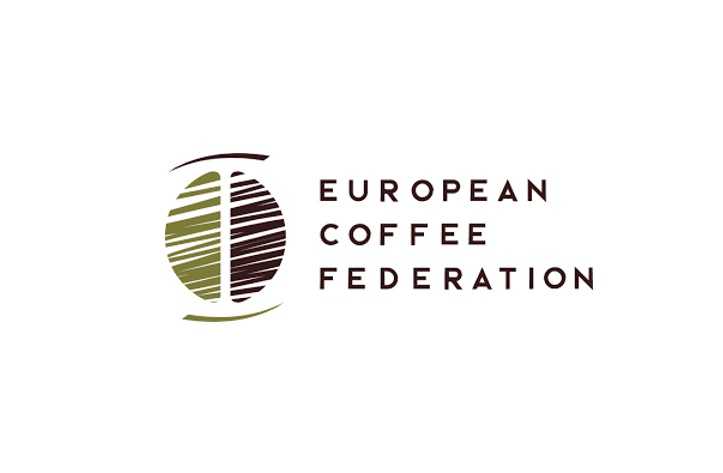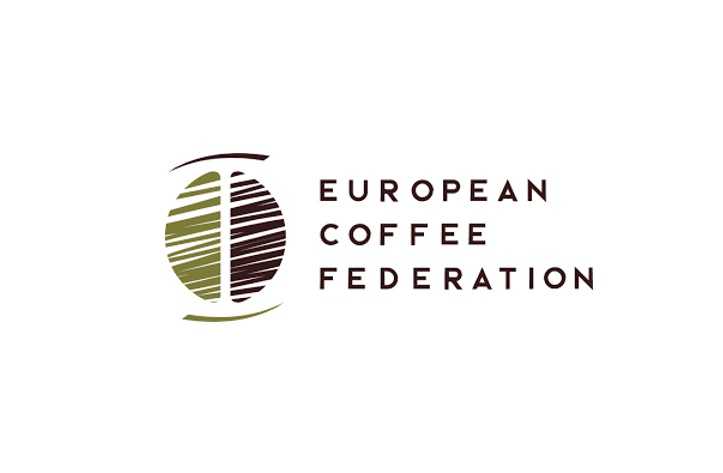
BRUSSELS — The European Coffee Federation (ECF), representing the voice of Europe’s coffee trade and industry, has completed the full Shadow Product Environmental Footprint Category Rules (PEFCR) designed specifically for coffee (here the full report). This significant step supports the sector’s efforts to accurately assess the environmental footprint of a cup of black coffee—aligned with wider EU initiatives.
This effort establishes a sector-wide approach for product-level environmental assessments while also supporting corporate reporting. Through a consistent, science-based methodology for measuring and disclosing impacts, the coffee Shadow PEFCR helps the sector build climate resilience—an essential step to safeguarding the long-term future of coffee as it faces growing risks from climate change—and streamlines data collection for consistent reporting, aligning with recognized international frameworks such as the Product Environmental Footprint (PEF) methodology.
Unpacking the Complexity of Coffee’s Environmental Footprint
The need for precise and transparent measurement of coffee’s footprint has gained renewed momentum considering the EU’s efforts to combat greenwashing and harmonize environmental claims
— including the already adopted Empowering Consumers for the Green Transition Directive and the Green Claims Directive, which is currently under revision, but still in the legislative pipeline and expected to become effective in some form soon.
Like many agricultural commodities, coffee’s environmental impacts occur across multiple stages— from cultivation and post-harvest processing to transportation, packaging, brewing, and end-of-life. Until now, the absence of a clear, unified methodology has limited the sector’s ability to measure, manage, and reduce its environmental impact in a harmonised way.
Across the coffee sector, companies rely on a variety of tools to measure the environmental footprint of their products. While some of these approaches are well established, the lack of common guidelines makes it difficult to compare results and undermines transparency. This guidance document seeks to provide that common and unified approach.
Key Elements
Following a comprehensive development process supported by agri-food sustainability consultancy Mérieux NutriSciences | Blonk, the Shadow PEFCR methodology represents a collaborative sector effort. ECF member companies from across the value chain—including traders and roasters— contributed to the initiative through the Federation’s dedicated Working Group, established in 2023.
Their shared objective was to align environmental measurement approaches throughout the coffee industry.
The new Shadow PEFCR outlines a comprehensive and transparent Life Cycle Assessment (LCA) approach to quantify environmental impacts at each stage of the coffee journey—encompassing cultivation, processing, packaging, distribution, brewing, and end-of-life. The guidelines clarify how to handle varying data quality, the use of proxies, allocation principles, emission tracking, and reporting requirements, while accounting for coffee-specific variables such as processing techniques, cultivation types, and brewing practices. A major goal is not only methodological consistency but also greater transparency in reporting.
The ECF’s methodology is now the unified standard that is both rigorous and adaptable—supporting traceable, science-based assessments across different coffee origins and farming practices.
Future Shadow PEFCR Applications
According to the ECF, these new Guidelines provide a widely supported common standard for businesses and stakeholders across the supply chain to meet emerging EU compliance expectations, while enhancing the credibility of environmental claims and promoting a common language for measurement that supports both industry innovation and policy development.
The ECF invites all coffee stakeholders to adopt the new methodology within their operations and corporate reporting. By establishing shared metrics, this improved alignment in environmental reporting fosters a common understanding that enables coordinated action, strengthens transparency and trust among consumers and partners, and supports the broader sustainability transition across Europe and beyond
The post The European Coffee Federation releases comprehensive environmental footprint guidelines for coffee appeared first on Comunicaffe International.


